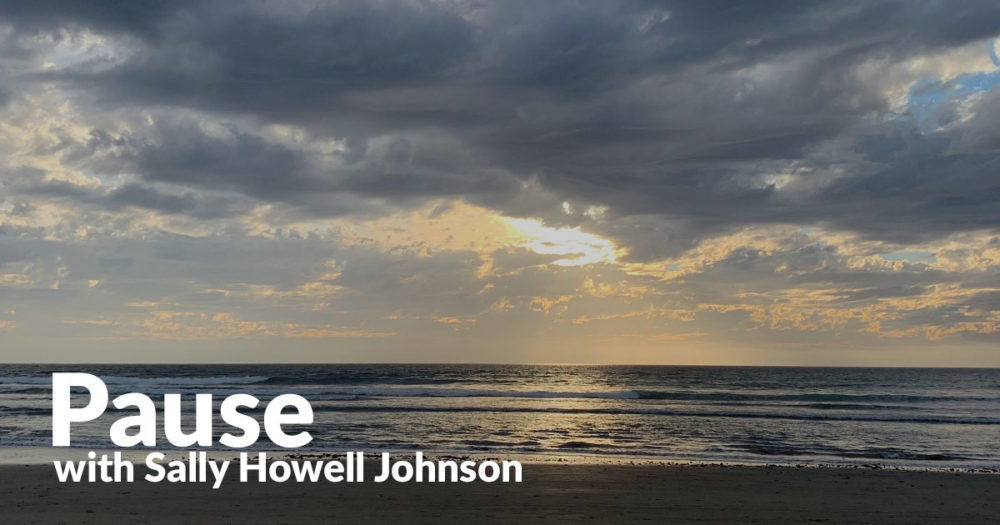“My religion is very simple. My religion is kindness.” The Dalai Lama
For some reason I have been thinking about kindness lately. To put it plainly, I realized that I have been in several settings in which kindness was in short supply, where people chose hurtful rather than helpful words. I recognize that it had begun to nag at my soul. So when I was at a restaurant yesterday and I was about to move a chair to sit down and a young man turned and smiled at me and, instead, moved the chair for me, I somehow was stunned by his effort. It seems simple enough, I know, but with all the jagged edges that were sticking out of my skin, it seemed the sweetest, gentlest of actions. I was melted by his kindness.
Sometime last week, I listened to a report on MPR about the civility or lack thereof in our culture right now. There were many reasons given for this phenomenon not the least of which was our ability to communicate with others via email and other social networks which don’t require face-to-face connections. It feels quite safe to say whatever comes to our minds and hit send without any personal censoring. We react quickly, sometimes rashly and pass on our words in the blink of an eye. All without the benefit of seeing the flinch of another, the grimace that crosses a face, or even the tear that might roll down a cheek. With all the positive ease this form of communication brings to our lives, this is one of the true downfalls.
Kindness. Who comes to your mind when you think of ‘kindness’? A parent? A teacher? A neighbor? Your child? A dear friend? Have you known the kindness of strangers in your life? Have you been extended the hospitality of kindness? I hope so. I hope there are many people that come to mind who have been bearers of kindness. Sometimes it is a surprising gift, like the young man who moved the chair, his face all full of smiles. And then there are those times when you know you will be walking into kindness. You look forward to it, like a special holiday meal, anticipate its healing properties. I can think of a couple of retreat centers I have frequented where kindness seems to seep out of the very walls.
This morning I learned that one of the kindest men I know had passed yesterday from this life to the next. It was a blow. He was someone who walked into a room and kindness seemed to float off his words, his movements, his very being like proverbial fairy dust. Though he was older and had had tenuous health, it was still difficult to hear of his passing, to imagine the world without his signature grace and goodness.
Kindness. It can seem an elusive thing most days. But, perhaps,the real lesson is that we each carry this magic fairy dust. The discipline is to use it. Often. And always.
